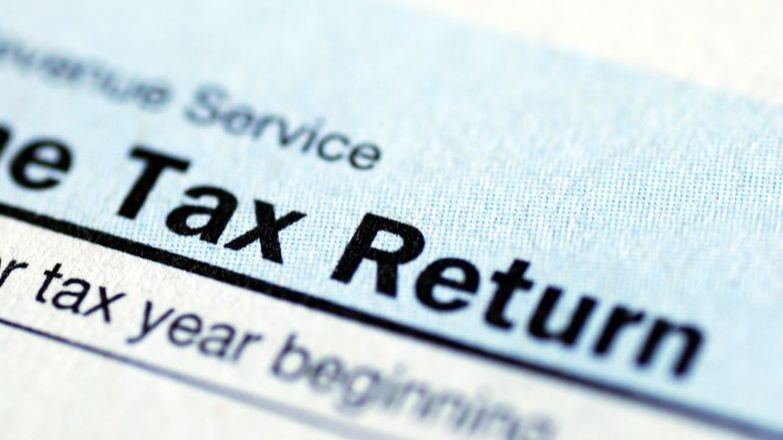
Individuals who started working for themselves and earned more than £1,000 (after business expenses), entered a business partnership, or received untaxed income (from property, dividends, or other sources) are included.
If a self-assessment has already been filed in previous years, this only applies if circumstances have changed.
Avoid HMRC penalties
Register online via HMRC’s Government Gateway before 5 October 2025 and make sure HMRC has the correct contact details — email and phone — to receive notices and reminders. Prepare records of income, expenses, property receipts, and anything related to commissions or side income.
Guidance on Self-Assessment tax returns provides a practical checklist of what to have ready — including Unique Taxpayer Reference (UTR), National Insurance number, income records, and allowable expenses. HMRC also has an online checker tool to see whether to file a return.
Failing to register by 5 October will mean a Notice to File from HMRC will not be received, and the requirement to submit a tax return by 31 January 2026 will still apply.
Missing the deadlines can be costly:
- An automatic £100 penalty applies if filed after 31 January.
- Three months late, HMRC adds £10 per day (up to £900). At six and twelve months late, a further £300 or 5% of the unpaid tax — whichever is higher could be added.
- Late payment also triggers charges: 5% of unpaid tax after 30 days, another 5% after six months, and a further 5% after twelve months, plus interest.
- Registering late and tax is due, HMRC can issue a ‘failure to notify’ penalty.
See the full breakdown of penalties on GOV.UK.
Guidance for agents and landlords
Self-employed agents, those running a business, or receiving additional untaxed income (for example, from commissions or referral fees) must check if registration is required. Even those paying tax through PAYE may need to file if they have other sources of income.
Rental income counts towards self-assessment, and if it is not already taxed, it must be declared. For those earning above £1,000 in property income must register, and those under this threshold can still register voluntarily to pay Class 2 NICs and protect their entitlement to State Pension and benefits.
Agents can remind landlords of their obligations, as misunderstanding tax status is a common cause of penalties.
Past reminders and member support
Propertymark has issued similar reminders, including in our article A positive HMRC Self-Assessment evolution (2024), where we guided members through the registration process, setting up their Gateway account, and understanding their obligations. We also provide fact sheets and how-to guides to help small agents who may be unfamiliar with the process.
Need help?
HMRC offers a range of support, including explainer videos, calculators, and webinars, to help first-time and seasoned filers complete their return accurately.




